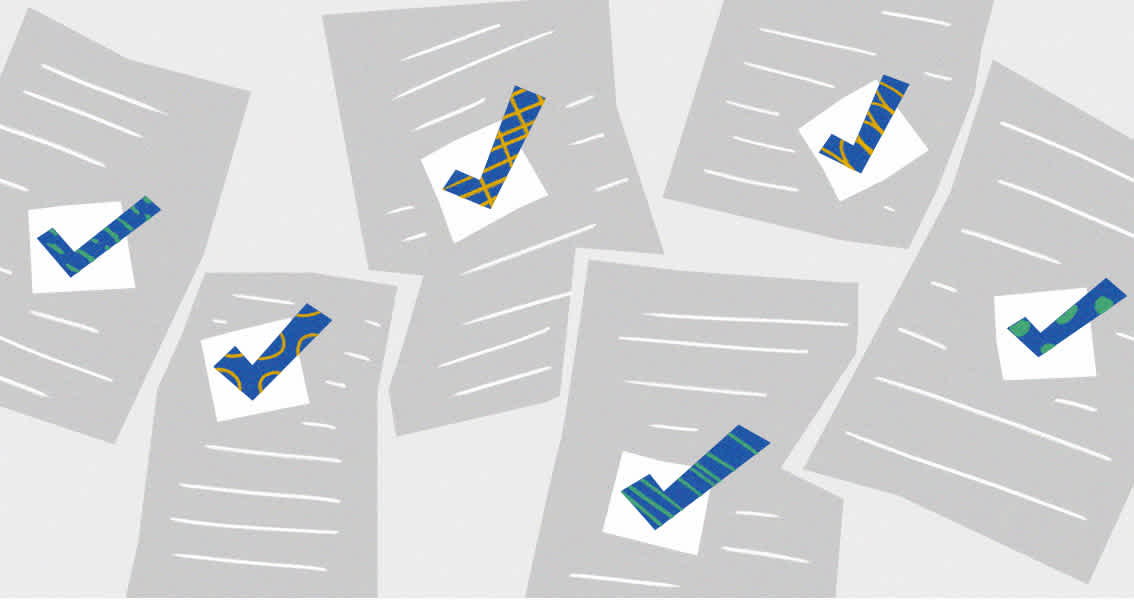Is an end to late payments finally in sight?

Last editedJan 20202 min read
The Chancellor, Philip Hammond, last week announced plans to “tackle the scourge of late payments” to small businesses, including a requirement for listed companies to report on their performance in annual reports and accounts.
So, how did we arrive at this point and what needs to be done?
When legislation that requires businesses to report on their payment practices was first passed, there was lots of uncertainty as to whether it would help clamp down on late payments at all, and whether that legislation would be the extent of the Government's efforts.
It is now clear that the Government has not dropped this issue from its agenda. This is great news as late payments have been a thorn in the side of SMEs for many years, with many big businesses accused of treating their suppliers as an additional line of credit. Recent GoCardless research found that more than 80% of small business owners say payment uncertainty means they can’t grow their business the way they want to
Bacs Payment Schemes has calculated that 5.7 million SMEs in the UK are owed about £13 billion in total. Research from the Federation of Small Businesses (FSB) suggests that tackling the problem could add £2.5 billion to the UK economy and keep an extra 50,000 businesses open each year.
These stats are backed up by Small Business and Productivity, published by the Business, Energy and Industrial Strategy (BEIS) committee.
To quote the report, late payments “inhibit the ability of SMEs to grow, affecting overall UK productivity. Late payments are built into the business models of too many companies, leading to many SMEs losing staff, profits and their businesses. This is totally unacceptable, unfair and constitutes a particularly disgraceful form of market abuse."
The Chancellor’s announcement
The Chancellor wants companies to nominate a specific non-executive director to take responsibility for the supply chain. Under Business Secretary, Greg Hands, the Department for Business, Energy and Industrial Strategy (BEIS) will lead the consultation and introduction of the new regulations for listed entries – though details of the time frame involved have not yet been revealed.
Could, then, the end of late payments finally be in sight?
The FSB certainly seems to think so. Its National Chairman, Mike Cherry, said: “Poor payment practices by big businesses towards their smaller suppliers are rife and pernicious. Four out of five small businesses have been paid late, and we told the Chancellor that this was the moment to act, to tackle this scourge once and for all.”
“The end of late payments can’t come soon enough, to bolster small businesses at a time when they are in great need of support and a lift in confidence.”
What else needs to be done?
If we were to put a series of measures on the table, these would include all medium and large companies being required to sign the Prompt Payment Code (as outlined by the FSB's ‘Fair Pay, Fair Play’ campaign), and adopting statutory payments terms of no more than 30 days. And the Small Business Commissioner should also be given powers to fine persistent offenders.
There must also be a board level conversation and all businesses need to step up to the plate and be open and transparent. After all, the economy thrives when small, medium and large businesses work together.
It's clear, though, that there will be no quick win here. Earlier this year, GoCardless updated on the duty to report on payment practices and performance legislation and we found that although progress was being made – challenges and issues remained and the initiative had to be viewed as a stepping stone to greater measures to protect smaller organisations.
With this in mind, the claim that the Chancellor’s plans will mark the end of late payments seems somewhat optimistic. In the absence of statutory maximum payment terms and/or fines for late payment, there will always be a risk that SME suppliers will be forced to accept lengthy payment terms and/or face a delay in getting their invoices paid.
It seems almost inevitable that it will take longer for the situation on the ground to improve by continuing to focus on promoting better practices through transparency and reporting.
It will now be interesting to read the response that the Government is due to publish in relation to last year's call for evidence on ways it can eliminate bad payment practices.
All eyes will, therefore, be on how many of these proposals the Government will seek to implement.

